Why Air Tanks Are Essential for Your Compressed Air System Efficiency
In the realm of compressed air systems, the role of air tanks is often underestimated, yet their importance cannot be overstated. David Smith, a leading expert in the field of compressed air technology, emphasizes, "Air tanks act as the backbone of an efficient compressed air system, providing stability and enhancing performance." The integration of air tanks into these systems not only optimizes energy usage but also ensures a continuous supply of compressed air, which is crucial for industrial applications.
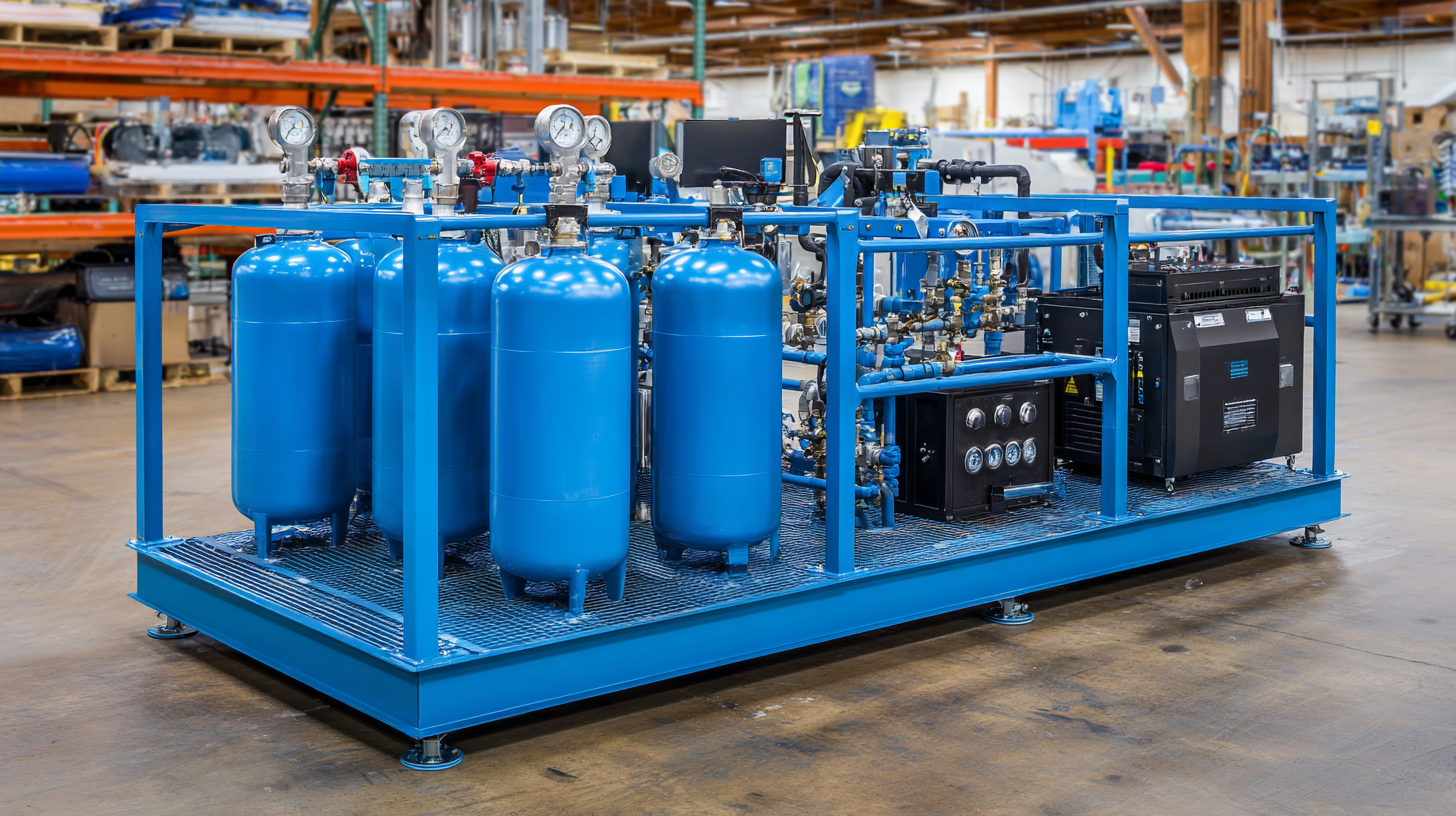
Air tanks serve multiple functions, including acting as a buffer to even out fluctuations in air demand, which can lead to improved overall system efficiency. By maintaining consistent pressure and reducing wear on compressors, properly sized air tanks can significantly extend the life of your equipment. Furthermore, they contribute to the reduction of energy costs, as compressors can operate more efficiently with the support of air storage.
In conclusion, understanding the essential role of air tanks is vital for maximizing the efficiency of your compressed air system. As we explore the various aspects of air tanks and their impact, it becomes clear that investing in the right air storage solutions can lead to substantial operational benefits and cost savings.
The Role of Air Tanks in Enhancing Compressed Air System Efficiency
Air tanks play a critical role in enhancing the efficiency of compressed air systems. By acting as a buffer, these tanks store compressed air and release it when needed, helping to balance supply and demand. This not only ensures a steady flow of air but also reduces the wear and tear on compressors, ultimately leading to increased longevity and lower maintenance costs. Moreover, air tanks help to mitigate pressure fluctuations, which can be detrimental to sensitive pneumatic equipment.
Tip: Regularly inspect and maintain your air tank to prevent issues such as rust and leaks, which can compromise system efficiency.
In addition to providing a consistent air supply, air tanks can also improve energy efficiency. When compressors run continuously, they can consume a significant amount of power. However, by utilizing an air tank, compressors can operate more efficiently, working only when the stored air is depleted. This operational strategy not only saves energy but also reduces operational costs over time.
Tip: Consider sizing your air tank appropriately based on your system's demand to optimize performance and energy savings.
Understanding the Impact of Air Storage Capacity on System Performance
Air storage capacity is a crucial factor in the efficiency of a compressed air system. According to a report by the Compressed Air and Gas Institute (CAGI), optimal air tank size can significantly reduce energy costs and improve system responsiveness. Systems with insufficient air storage often experience "air starvation," where demand outstrips supply, leading to pressure drops. This can hinder production processes, leading to costly downtime and inefficiencies.
Inadequate air storage can also cause the compressor to cycle more frequently, which wears down equipment and increases maintenance needs. The CAGI highlights that properly sized air tanks mitigate these issues by providing a buffer during peak demands, ensuring a consistent air supply. Research indicates that increasing air storage capacity by just 10% can lead to a reduction in overall energy consumption by 5-10%. Thus, investing in appropriately sized air tanks not only enhances system performance but also contributes to a more sustainable operation.
Why Air Tanks Are Essential for Your Compressed Air System Efficiency - Understanding the Impact of Air Storage Capacity on System Performance
| Air Tank Capacity (Gallons) | Cycle Time (Minutes) | Air Flow Rate (CFM) | System Efficiency (%)* | Maintenance Cost ($/Year) |
|---|---|---|---|---|
| 30 | 5 | 15 | 85 | 300 |
| 60 | 8 | 25 | 90 | 500 |
| 120 | 12 | 40 | 92 | 700 |
| 200 | 15 | 60 | 95 | 900 |
Industry Statistics: Energy Savings from Properly Sized Air Tanks
Compressed air systems are crucial for various industrial applications, and the efficiency of these systems can significantly impact energy consumption and operational costs. Properly sized air tanks play a vital role in optimizing the performance of these systems. According to industry statistics, an appropriately selected air tank can lead to substantial energy savings. Research indicates that systems equipped with correctly sized air tanks can operate more smoothly, reducing unnecessary strain on compressors and minimizing energy losses.
The global air handling units market, valued at USD 12.51 billion in 2024 and projected to grow significantly, highlights the increasing emphasis on efficiency within industrial settings. As organizations aim to cut costs and improve sustainability, understanding the importance of air tank sizing becomes paramount. When air tanks are in harmony with the demands of the system, they allow for reduced cycling of the compressor, maintain consistent air pressure, and ultimately enhance the overall energy efficiency of operations. This synergy not only fosters a more cost-effective approach but also contributes to larger environmental goals.
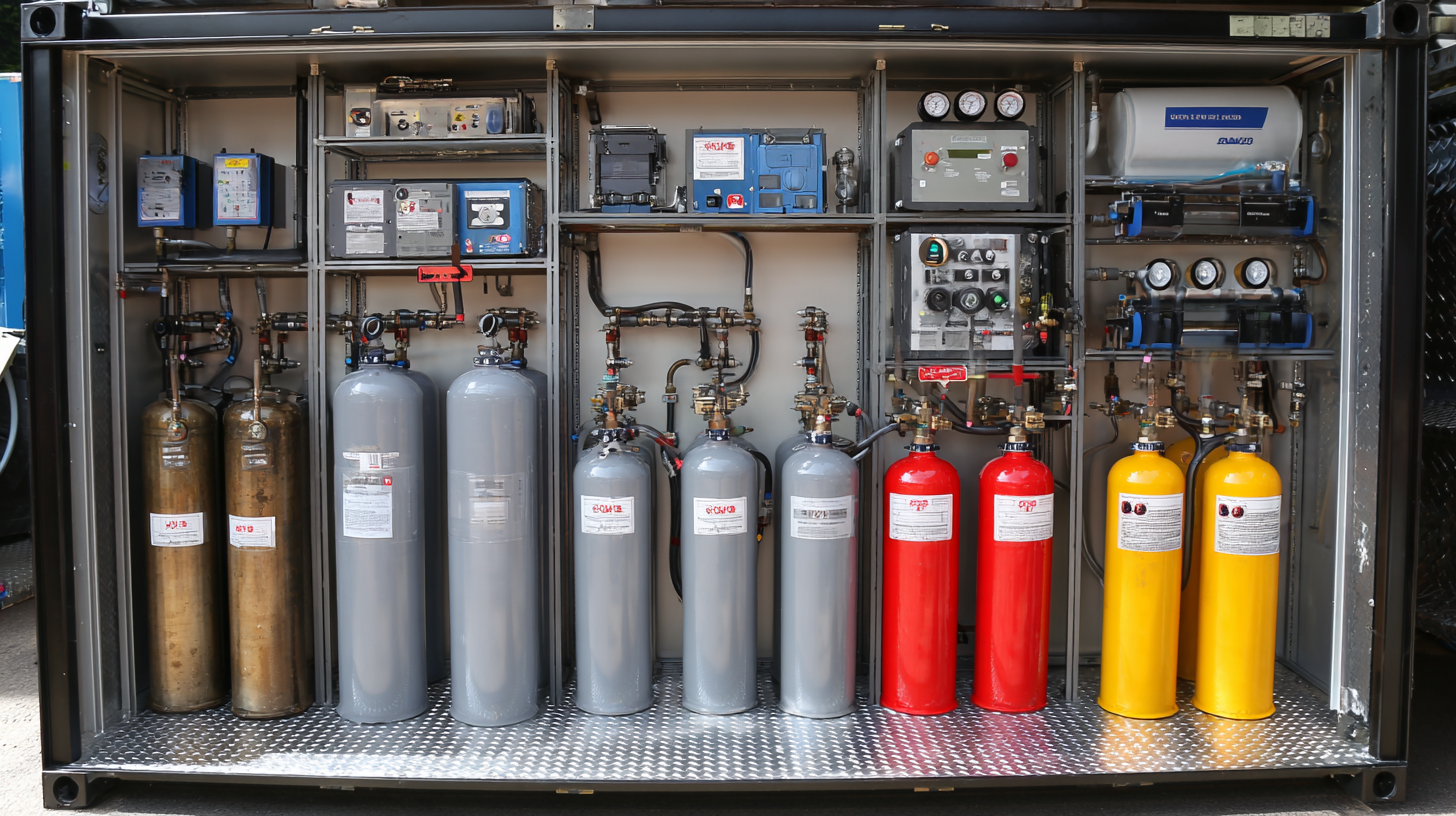
Optimizing Compressed Air Systems: Maintenance Tips for Air Tanks
Maintaining air tanks is crucial for the optimal performance of a compressed air system. Regular inspection for leaks and wear can prevent significant drops in efficiency. Furthermore, monitoring the pressure levels ensures the system operates within its ideal range, which minimizes energy consumption and prolongs the lifespan of the equipment. Implementing a preventive maintenance schedule can help identify potential issues before they escalate into costly repairs.
In addition to routine inspections, proper filtration is essential to maintain the integrity of the air tanks. Contaminants can accumulate over time, leading to corrosion and reduced efficiency. Installing moisture separators and particulate filters can significantly enhance the air quality and protect the tank from damage. Lastly, after draining any accumulated water regularly, operators can prevent rust formation and maintain optimal air quality for their operations. This proactive approach to maintenance not only boosts the efficiency of the overall compressed air system but also ensures reliability and performance in demanding applications.
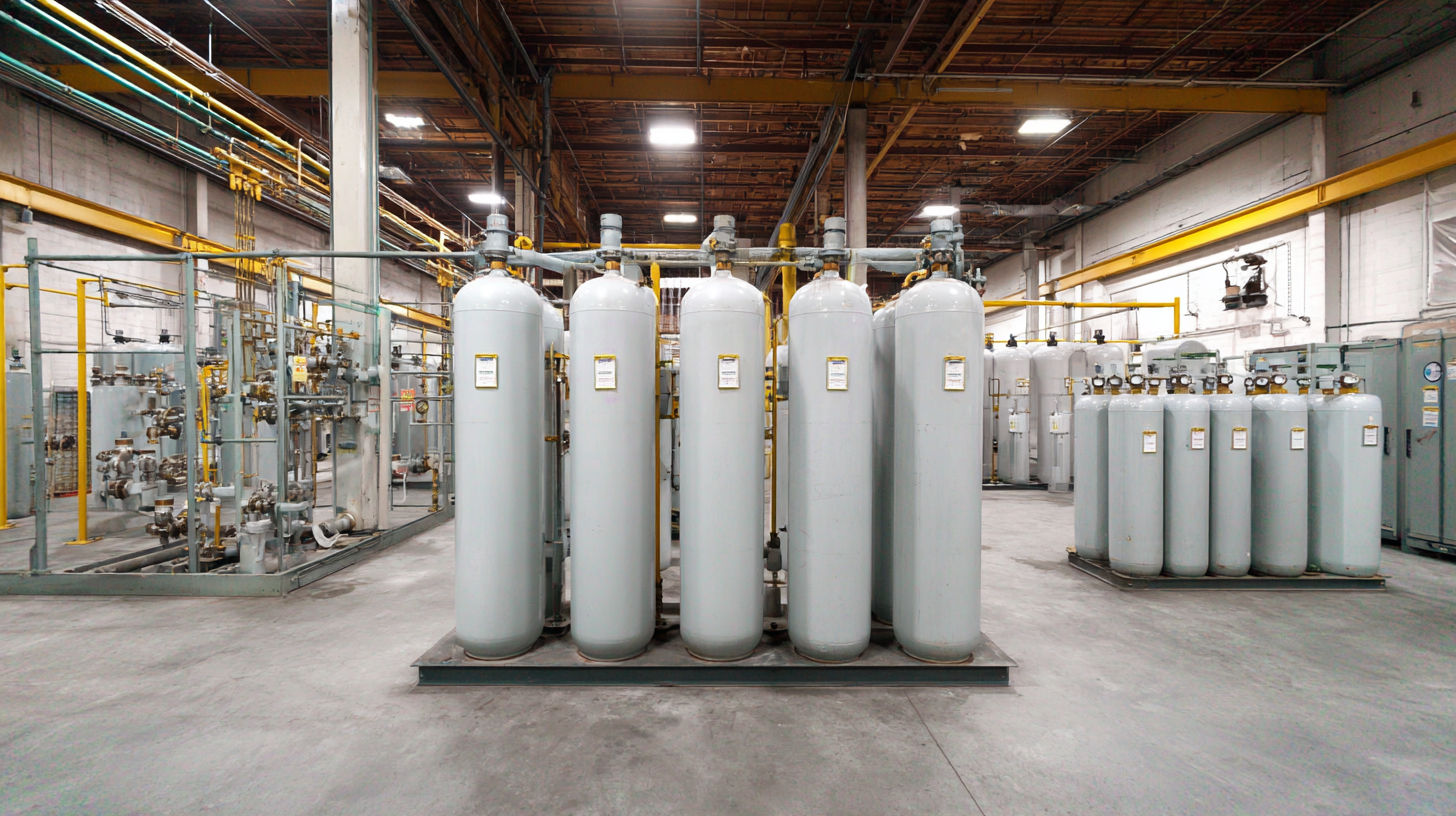
Future Trends: Advancements in Air Tank Technology for Better Efficiency
Recent advancements in air tank technology are significantly enhancing the efficiency of compressed air systems. One of the key trends is the integration of smart monitoring systems, allowing operators to track pressure levels, temperature, and overall tank condition in real-time. This data-driven approach enables proactive maintenance, reducing downtime and preventing costly leaks or failures. By optimizing the air supply according to operational demands, businesses can achieve significant energy savings and increase overall productivity.
Another notable development is the design of lightweight, high-strength materials that improve tank durability while reducing energy consumption during transport and installation. Additionally, innovations such as variable speed drives for compressors enable a more responsive and dynamic air supply management, seamlessly adjusting to fluctuating production needs. As these advancements continue to evolve, industries relying on compressed air systems will find themselves equipped with more efficient, versatile, and environmentally friendly solutions, paving the way for sustainable practices in the long run.
Related Posts
-

Common Issues Faced by Global Buyers When Sourcing Air Tanks
-
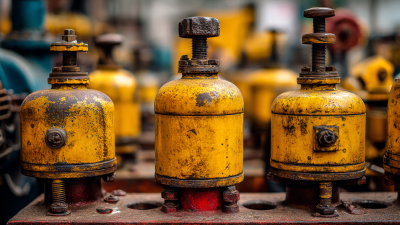
How to Choose the Right Air Compressor Parts for Optimal Performance
-
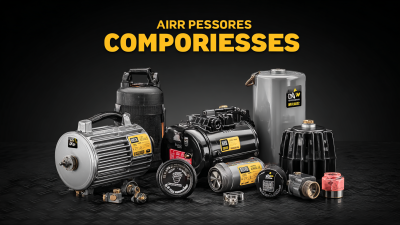
Exploring Best Air Compressor Accessories for 2025 Technology Trends and How to Boost Efficiency
-
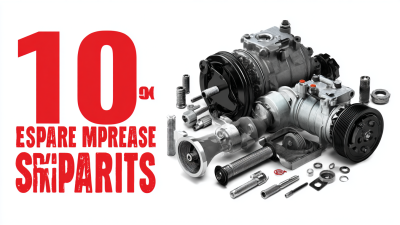
10 Essential Tips for Choosing the Best Air Compressor Spare Parts
-
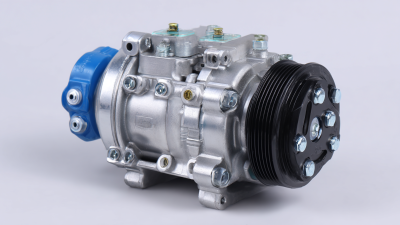
Superior Compressor Parts from China's Leading Factories Trust Built on Quality
-

Unlocking Efficiency: The Advantages of Choosing Industrial Compressors for Your Business


